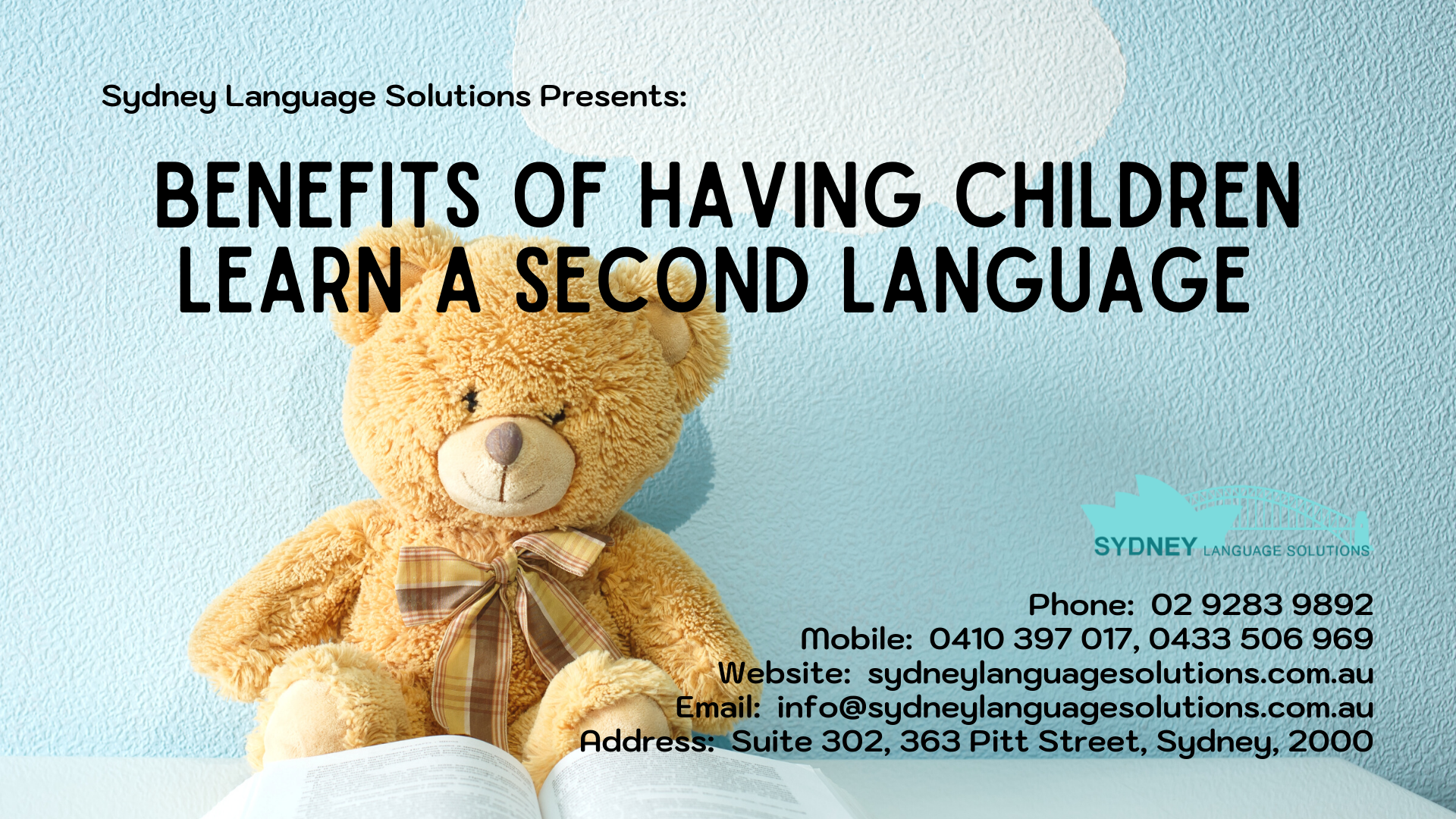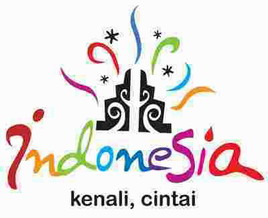Ways on How You Can Help Your Children Learn New Languages Faster
How you can help your child learn new languages faster:
- Make language learning a daily habit. Research shows that your child only needs 15 minutes a day to make progress while learning a new language. Some ways in which you can instill this habit in them is by making them listen to podcasts or watch a movie in a foreign language.
- Learn cognates. Languages like Spanish have a lot of words that we commonly use while speaking English. Learning these words will help your child transition better into the new language.
- Use flashcards and spaced repetition. Flashcards are proven to be the most effective way to memorize new languages. Flashcards use a concept called spaced repetition that basically prioritizes things your child does not know and helps them prioritize and work on their weak areas.
- Use a notebook and take it everywhere. Ask your kids to write down all the relevant vocabulary that you come across whenever your child is exposed to a new language.
- Speak the language from day one. There are 3 ways to achieve this. You can enrol your child in group learning in a good language school. This is great from a social perspective as your child will be studying with kids their own age and they can collaborate and work together on their skills.
This is where we can help you!
At Sydney Language Solutions we offer the best prices and deals for an atmosphere of fun and engagement in which your children can develop their language skills and aim towards a brighter future.
Advantages of Bilingual and Multilingual Children
INTERESTING FACTS ABOUT BILINGUAL/MULTILINGUAL CHILDREN:
– Better academic results: research has shown that bilingual/multilingual children can often concentrate better, have better problem-solving skills, understand language structure better and are better at multitasking.
– More diverse and interesting career opportunities later in life: employees speaking two or more languages can form better connections/relations with clients and other business partners. Therefore, multilingual candidates are preferred by employers.
– Children who speak more than one language have a better sense of self-worth, identity and belonging.
– Bilingual/multilingual children are said to be more educated since they can indulge in reading books written in various languages, enjoy movies and music in different languages.
– Children who learn foreign languages appreciate other cultures more and feel a sense of affinity while communicating with people from other countries.
BENEFITS OF LEARNING A FOREIGN LANGUAGE FOR CAREER GROWTH:
Learning starts at a very young age and learning new languages as a kid not only has a positive impact on your child’s personal growth, but it also gives them an edge in the professional world when they grow up.
Here are some advantages of learning foreign languages as a kid:
- Your kid will automatically become more attractive than other candidates when it comes to Global companies. In this dynamic world of globalization, employers are seeking candidates that are multilingual. International companies are trying t0 widen their reach across the globe and hire employees that can blend in with other cultures and fill in the communication gaps between the company and its clients.
- Career growth opportunities: being fluent in foreign languages doesn’t always mean your kid will have to go abroad. Many small local businesses prefer multilingual candidates who can help them explore new business opportunities and bring in more clients from other countries.
- Higher salaries: research shows that multilingual employees earn at least 10%-15% more than monolingual employees.
- Relationship building: having the ability to speak and understand different languages will allow your child to relate to various cultural groups at a personal level. Having a good relationship with colleagues is essential in a professional environment.
- Increased job opportunities: being fluent in foreign languages can be extremely beneficial for an individual’s professional growth. Many companies now require only employees who are bilingual or multilingual.
Benefits of Having Children Learn a Second Language
Why must children learn a new language from a young age?
- Experts say that children have more time and ability to pick up a new language faster than adults and develop a native-like pronunciation.
- Learning a new language also boosts a child’s creativity, problem-solving, critical thinking, and listening skills.
- In the long run, a second language will also be advantageous for them in the workplace where being multilingual gives one a competitive edge over others.
What makes our program different from other community language schools?
At some community language schools, the programs are designed to be beneficial if only both parents speak that particular native language at home for the children to have a chance to hear and practice the language. While this is advantageous for some children, others with only one parent who speaks language cannot have the chance to hear from their parents’ interaction. In fact, there are numerous households in Sydney with only one bilingual parent. In such circumstances, going to a language class with a structured program will help the students.
At Sydney Language Solutions, we offer language courses for children from all backgrounds, regardless of the number of parents who speak that language at home. These courses are also tailored for children whose parents are second-generation language speakers in Australia, or those parents who do not have enough background knowledge in speaking, reading, and writing their language to teach their children at home.
Bahasa Indonesia
Bahasa Indonesia is the national and official language in the entire country. It is the language of official communication, taught in schools and spoken on television. Bahasa means language, and Bahasa Indonesia is the lingua franca of the archipelago. With over 350 native languages currently in use throughout the country, a good lingua franca is clearly necessary.
Bahasa Indonesia is based on the high Malay language as spoken and written in the Riau Islands, as in the early 19th century. “Like Malay, Indonesian has been greatly expanded through its borrowings from languages such as “Arabic (in particular many religious terms), Sanskrit, Portuguese, Dutch, certain Chinese dialects and more recently, English (in particular many scientific and technological terms”
The more democratic Malay language was preferred by nationalistic youth above the Javanese language, despite the fact that Javanese is more sophisticated and at the time spoken by the majority population, also Javanese is feudal as it has different levels of language depending on one’s status and the status of the person spoken to.
It’s good to speak a bit of the language of a country you are visiting to, or at least understand commonly used expression or greetings. This surely will allow you to immerse with the people and culture. It also helps to speak a bit of the language when bargaining for souvenirs in the tourism areas, as a little knowledge goes a long way to getting a better price.
Sydney Language Solutions Indonesian Language Meetup 9/9/2012
Last Sunday, Sydney Language Solutions has successfully arranged an Indonesian Meet up. The main purpose of this meet up is to introduce our language centre to everyone in Sydney area especially for those who are interested in learning new languages such as Bahasa Indonesia. The meet up group was held in SHALOM Restaurant. The meet up started at 12 noon and finished at approximately 2 PM. We tried 4 different dishes with different level of spiciness. The main idea of sharing the food is to get us closer to each other.
5 people attended the lunch gathering. Most of the participants came from different backgrounds and nationalities which brought the gathering into a new level. The gathering is not only about learning new language, but more about sharing ideas about culture of different countries. For me personally, since I am Indonesian, it is very exciting to hear other people from other nationality talks about their experience in Indonesia. They are also interested in knowing my point of view as an international resident in Australia and about how I feel about this country
The atmosphere of the gathering became more relaxed and the talks flowed quite well. Michael Kiddle, one of SLS’ student who attended the meet up initiated several topics of conversation. Starting from his experience and reason to learn Bahasa Indonesia, his curiosity on how Indonesian people sit back and relax, as well as tourist attraction in Indonesia.
Overall, I believe that the meet up last Sunday was a great success even with a little number of attendees. With initiatives and togetherness, we can be bigger and meet up again next time. So feel free to join us at http://www.meetup.com/SydneyIndonesianLanguage/
– Tirto
Using the question word “where” in Indonesian
A lot of things in Indonesian are (arguably) much simpler than English. Many questions words that we have in English are simplified into 1 question word in Indonesian. However, Indonesian treat the question word “where” much differently.
There are 3 kinds of “where” in Indonesian language. First one is ke mana (to where), second one is dari mana (from where), and last one is di mana (at where). All of them must be used at the right time.
If you are talking about going to somewhere else, you will use ke mana. For example: Besok kamu mau pergi ke mana? (Where will you go tomorrow?)
If you are talking about coming from somewhere, you will use dari mana. For example: Kamu berasal dari mana? (Where do you come from?)
If you are talking about staying at a place, you will use di mana. For example: Kamu tinggal di mana? (Where do you live?)
To sum up, there are 3 kinds of “where” in Indonesian language. Use them correctly!
Claiming Possession in Indonesian Language
Before you start reading this, make sure that you have been introduced or have introduced yourself to the function of pronoun in Indonesian language. I will put it in a very simple way, when you have an Indonesian noun, you can add a pronoun right after that to claim the possession of that noun.
For example:
In Indonesian, teman means friend and Saya means I.
When you combine them together and put the pronoun right after the noun, it will become something like this –> teman saya.
Now, in Indonesian, pronoun will not change in order to express possession. Hence, teman saya will mean something like ‘my friend’.
Some people got around by thinking of it as ‘friend that belongs to me’. You can try to understand it in different ways and that’s not a problem.
The tricky part is when we are talking about more than just 1 level possession. How if you want to say my father’s friend?
It will become something like this –> Teman bapak saya
Again, you can think of it as “my father’s friend” or as far as “friend that belongs to the dad that belongs to me”.
This might be confusing at first, but try to experiment with different nouns and pronouns. I am sure you will get around quickly.
Oh, I almost forget! You should look search for the pronoun first and then works it out from right to the left.
Which one is correct: Bahasa or Bahasa Indonesia?
Before you start to learn the Indonesian language, it is important to know whether you actually know the name of the language. Some people called Indonesian language as “Bahasa”, is this correct?
Well, to set it straight, Bahasa actually means language. Now, imagine if you say, “I am learning Bahasa or I want to learn Bahasa” to the Indonesian native. The first thing they will ask you is: “Which language do you want to learn? Mandarin or Japanese?”
With that in mind, if you used to call the Indonesian language as Bahasa, maybe you can start calling it as “Bahasa Indonesia” which simply means Indonesian language. That way, you can always be sure that you are in the same page as Indonesian native.
Is it difficult to learn Indonesian?
Bahasa Indonesia literally means the language (bahasa) of Indonesia. Indonesia is one of the developing countries with significant economic growth. This makes the country attracts a lot of investors from all over the world to come and to set up businesses. However, some of them find it hard to communicate with the locals and hence need to learn the language.
Is it difficult to learn Indonesian?
Well, there are a few reasons why Bahasa Indonesia is not difficult to learn:
1. The language use Roman alphabet (a, b, c, ….), unlike Korean, Japanese, Mandarin, Arabic which require us to memorize different form of words and symbols.
2. Some of Indonesian vocabularies are derived from Sanskrit, Dutch, English, Portuguese and even Mandarin so you might find it familiar to you.
3. Bahasa Indonesia is not a tonal language like Mandarin or Vietnamese.
4. There is no tenses in Bahasa Indonesia.
So, why not try to learn Indonesian? I am sure you will not find it too hard!
— Tirto
The Importance of Register in Indonesian language.

Before I go on with this terminology, I guess I should just re-justify the meaning of ‘register’. Register is a variety of language used for a particular purpose or in a particular setting. So.. How important is this concept in Indonesian language? I would say, very important!
Many people who are currently studying the Indonesian language struggle with one thing. The SLANG! How could I possibly use everything that I have learned in daily conversation with native Indonesian when in fact they use a lot of different words? Well, until today I guess every linguist in Indonesia are concerned with the future of our language. Because almost every day a person (especially young person) in Indonesia could find one or two new made-up words and use it in their conversation and then spread the trend to others! No wonder learning Indonesian become very difficult..
Now, why did I bring both ‘register’ and ‘slang’ together? Perhaps I just want to comfort all the people who are currently learning Indonesian. Knowing that Indonesian ‘sub-consciously’ understand the importance of register and can use variety of language depending on the particular setting that they are in, Indonesian people in general will not always use slang every time. They will only use it to speak with their peer. Not necessarily at work or when dealing with authorities or in writing.
So, don’t give up on learning Indonesian, yet! In my next blog entry I will spare some hints about dealing with Indonesian slang. Sometimes, what may seem to be really hard is not that hard and all you need to know is the trick.










Latest Comments